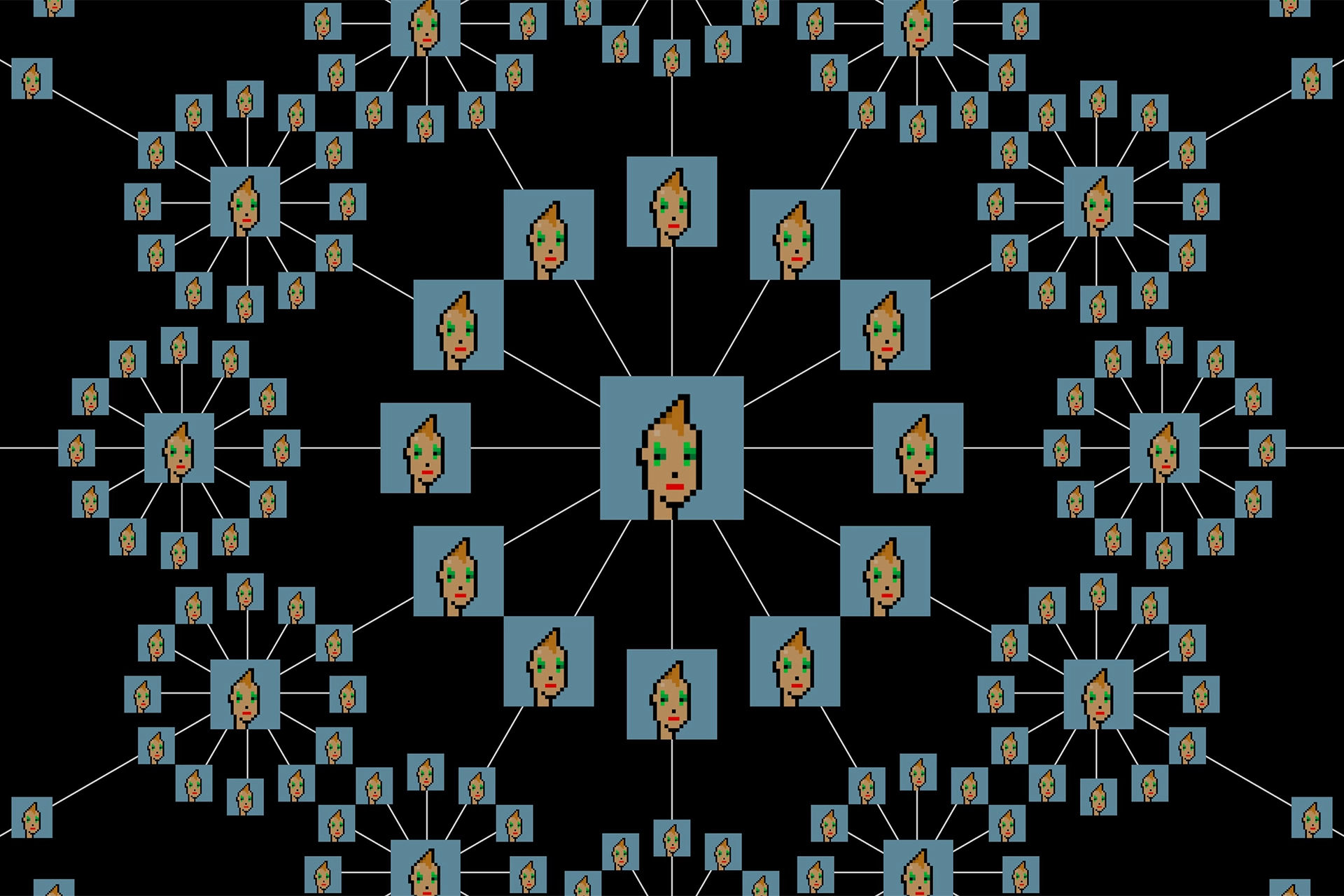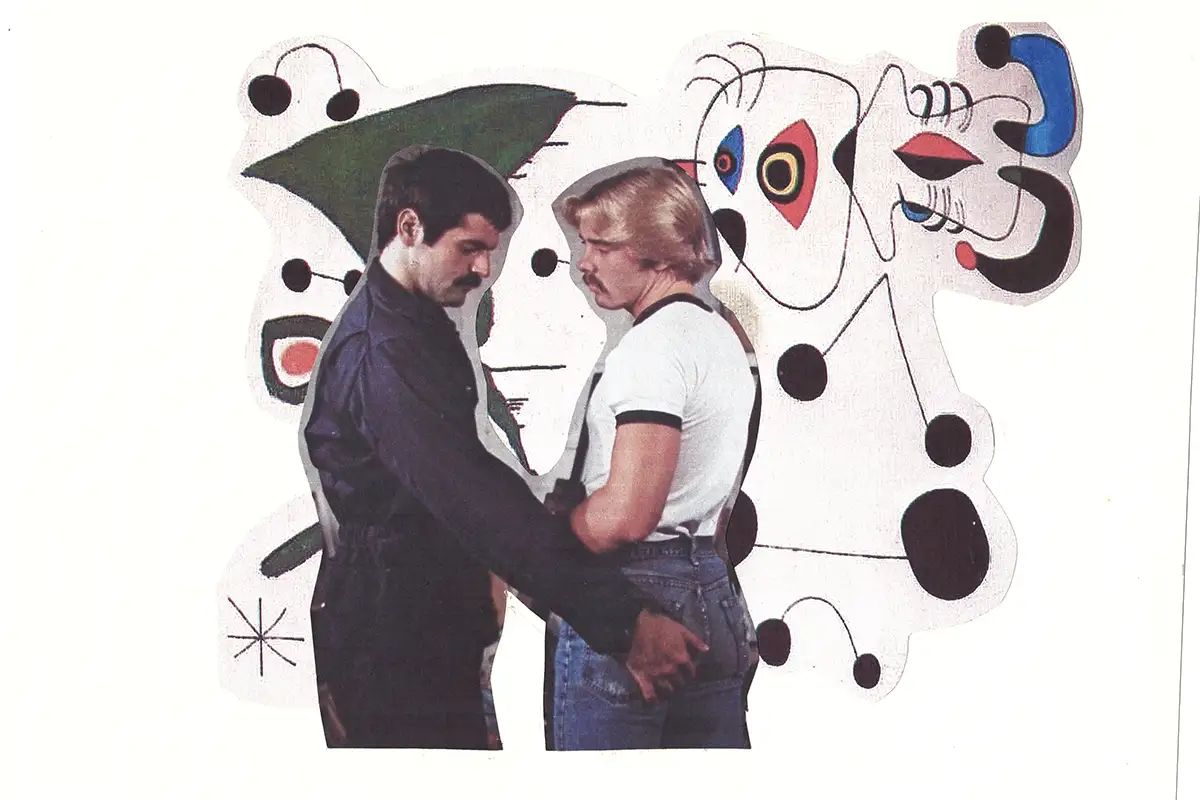«NFTs disrupted the world of creativity as MTV disrupted that of music, when people realized that music videos could open the music industry to a new world of marketing, positioning and lifestyle»
Lampoon introduces Sergio Mottola
With over twenty years of professional experience, Sergio Mottola managed to combine his passion for business with that for the product through a series of successful entrepreneurial activities in the technological sector. «I worked in the London insurance services for years, where everything revolves around sales, negotiations and contracts. After a master degree in Chicago, I approached the real estate industry and discovered the Silicon Valley. It was the early 2000s and back then there was talk of innovation, start-ups, digitization. It was love at first sight!», Mottola claims.
Although he does not consider himself an ‘early adopter’ of blockchain technology, Mottola has witnessed more than half of its evolution and growth. He claims that only thanks to his participation in the project of the Innovation Institute of the Republic of San Marino aimed at regulating and facilitating the use of blockchain technology within the country, he actually began to understand its true applications in an ecosystem and economic perspective. The development of the national innovation and digital strategy allowed Mottola to gain a thorough understanding of the interactions between start-ups, companies, institutional actors and various initiatives. «It is a complicated path: we must not assume that everyone has understood the concepts of digital ownership, web 3.0, crypto, etc.», he explains.
San Marino Blockchain Legislation (2019)
Among his works in the field of innovation and new technologies, there is the contribution he brought to blockchain regulation and adoption at the Republic of San Marino Innovation Institute, a private company owned by the ‘Serenissima’ Republic of San Marino whose goal is to guide the Parliament and the Government on innovation policies, which he served as Chairman, CEO and Director of the Scientific Committee.
One of the objectives was to propose a series of regulations aimed at attracting and encouraging innovation in the Republic of San Marino. Back then, blockchain technology represented an innovative business opportunity which however needed democracy and regulation in order to protect consumers and users and to promote economic development.
«As a national institute we have promoted a new regulatory infrastructure which favors innovative start-ups in the field of taxation and ensures advantages in terms of constitution, hiring of a workforce, etc.», Mottola explains. The ‘San Marino Blockchain’ legislation passed in Parliament on 6 June 2019 as the result of a myriad of interactions between industry players, the corporate world, legal experts, entrepreneurs and start-uppers. «An incredible vivacity gravitates around the world of blockchain, there are a lot of minds working and collaborating to create something new, aggregating their skills and knowledge. There are a lot of people who are trying to change the world by fixing traditional patterns or creating something completely new», he claims.
According to Mottola, several countries across the globe approached blockchain’s regulation independently between 2017 and 2018. Switzerland, for instance, has implemented interesting regulatory procedures by becoming the most favorable jurisdiction in terms of blockchain technology; nowadays the Greater Zurich Area is known as the Silicon Valley of Robotics.
Malta implemented the Blockchain Island project managed by a separate competent authority, while El Salvador became the first country to adopt bitcoin as legal tender. The Italian Ministry of Economic Development has set up working groups made of tech professionals, corporate and legal resources to define a guidance document on the subject. In 2019, the so-called ‘Simplification Decree’ was also approved, which introduces the regulatory definition of technologies based on distributed ledgers (blockchain) and smart contracts.
The decree also provides that the storage of an IT document through the use of technologies based on distributed registers produces the legal effects of electronic time stamping. AgID (Agenzia per l’Italia Digitale) is also committed to regulating the exploitation of blockchain technology through the IBSI (Italian Blockchain Service Infrastructure) project, which aims at creating the first Italian network based on blockchain for the provision of services of public interest.
«In recent times the major world powers, such as USA, have being working to bring order to the international level. Recommendations on the subject have also been written by international institutions such as the OECD, the FaTF and the European Central Bank», Mottola explains.

Why is regulation important?
According to Mottola, a regulated technological application of blockchain would also be useful in terms of circular economy and waste disposal: «For example, if a company buys plastic bottles produced in China to resell them in Italy, how can the company encourage their recycling? Who must pay the incentive? The Italian reseller or the Chinese manufacturer?».
The solution to the problem is intuitive and can be easily implemented through blockchain technology. When multiple industry players participate in a chain, the distribution of incentives can be completely controlled and shared, unlike what happens in the traditional world.
The use of shared and regulated procedures at a regulatory level allows the formation of an ecosystem logistics in which all the actors are connected and interconnected, contrary to what happens in the traditional linear one. Mottola also questions the risk which those who decide to invest in this disruptive technology might run into: «The risk of investing in fruitless products is an everyday problem; investors must study. The primary responsibility of every investor is to get information».
According to Mottola, user protection and regulation must be aimed at avoiding scams, on the other hand investment protection is difficult as in this case it is primarily a consumer’s risk. At a strategic and operational level, it is also necessary to provide for a shared approach: should blockchain technology be embedded in traditional models and systems, or is it necessary to completely review and reinterpret the dynamics of the old models? Mottola encourages the second approach: «In order to produce, sell and have economic relationships, specific rules and infrastructures are needed».
Creativity and blockchain: Public Pressure
Firstly, blockchain technology has enabled huge progress in the field of intellectual property, which can be applied to various sectors of creativity. By entering a song or the design of a bag in the blockchain, the creator can establish the royalties which will be due to them every time that product is exchanged, used, exploited, without direct interactions.
These mechanisms will allow creative industries to decentralize their creative departments and outsource new ideas and creative assets. «In the traditional world, ideas can easily be ‘stolen’ in absence of clear written contracts. This represents a limit for what I call ‘creative collectivity’», Mottola says.
Smart contracts, together with freelancing and digital infrastructures, will give rise to an economic mechanism of trust, the feeling regulating all human relationships and which could also be the engine of clearer, simpler and more fruitful working relationships, according to Mottola.
In March 2022, Public Pressure, Mottola’s latest entrepreneurial project, was released. Co-founded with Alfredo Violante, Giulia Maresca, and Francesca Versace, Public Pressure is the NFT music marketplace powered by artists, labels, brands and superfans of the same-named decentralized channel dedicated to NFT Hip hop, Punk and Electronic music, LGBTQ, social issues and mental awareness founded by Violante.
«Talking to my friends working in the traditional creative sectors, I realized how unhappy they were because of the lack of creative panache. From this contamination Public Pressure marketplace was born and it combines art, music and fashion. NFTs disrupted the world of creativity as MTV disrupted that of musi, when people realized that music videos could open the music industry to a new world of marketing, positioning and lifestyle», Mottola explains. In the music industry, NFTs provide artists primarily with financial advantages.
According to Mottola, in the traditional world ruled by Spotify, artists’ revenues are usually below 20%, in the world of blockchain they can even exceed 80%. Moreover, the employment of NFTs’ technology allows to plan long-term royalties in a simplified and automated way. The third advantage concerns the artist-super fan relationship: «NFTs foster the creation of communities through special badges or memberships which unlock ‘VIP’ positions within the Discord platform and give access to several other benefits. In the crypto world it is said that an artist can survive with only 1000 fans willing to buy any of their products. A much smaller economic mechanism is triggered, which is very similar to craftsmanship».
Public Pressure’s NFT, JTP, was born to encourage close relationships between artists and fans, allowing fans to actively support artists and artists to reward their most loyal fans. By stacking NFTs and supporting artists on the platform, users can obtain privileges: such as NFTs of particular value, previews etc. The second peculiarity of JTP concerns the role of ‘Patrons’, companies or individuals who have an interest in promoting art. «For example, a fashion brand could ask a musician to sponsor the advertising campaign of a new product through their art. New business models can arise from these mechanisms!», Mottola explains.
Although Mottola is reluctant to make predictions on the future evolutions of the NFTs market, he is sure that right now the world is going through an economic and technological transition from web 2.0 to web 3.0, led by the concept of digital ownership: «In this perspective, the metaverse might serve as a case of use, and what will derive from it might then be applied to more traditional sectors in the future ».
Sergio Mottola
Italian entrepreneur, a VC and a corporate strategy executive specialized in disruptive technology. Throughout his career, he has endeavored in many ventures spacing from technology to renewable energy, farming and consumer goods.
He brought his contribution to blockchain regulation and adoption at the Republic of San Marino Innovation Institute, a private company owned by the ‘Serenissima’ Republic of San Marino and incorporated to guide the Parliament and the Government on innovation policies, which I served as Chairman, CEO and Director of the Scientific Committee. In 2022 he launched Public Pressure with Alfredo Violante, Giulia Maresca, and Francesca Versace.



















